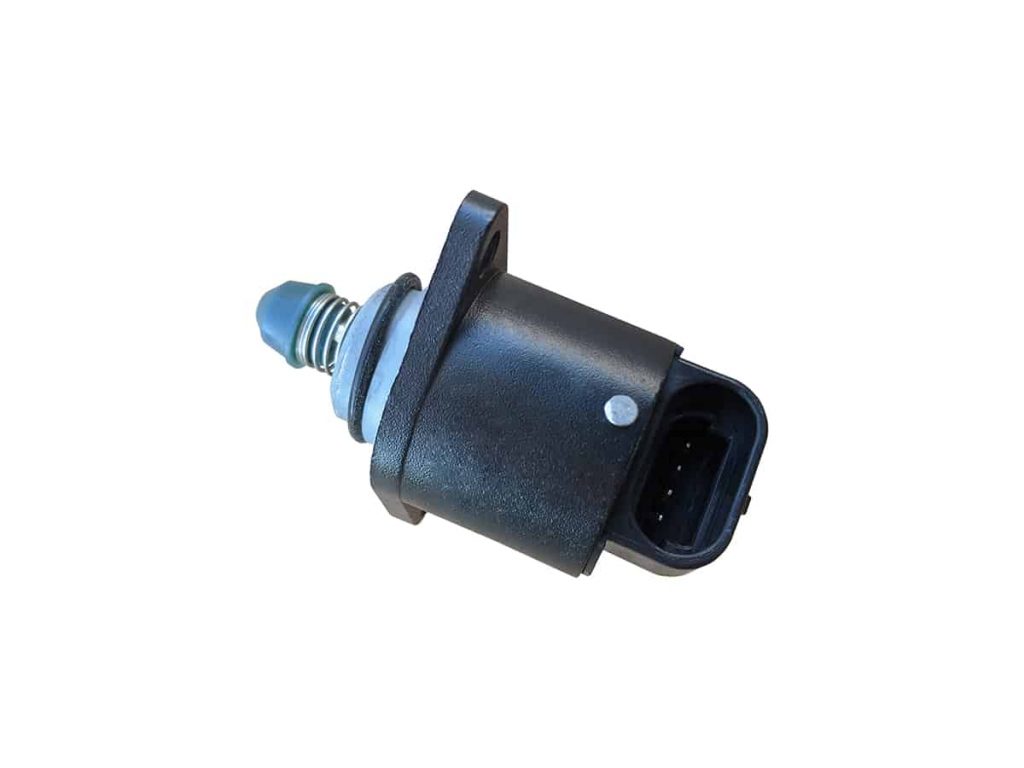Don't Wait! Signs You Ought to Replace Your Idle Air Control Valve Now
This idle air control valve plays a key role in maintaining your vehicle's seamless performance. This compact but essential component regulates the volume of air that flows past the throttle valve, helping to regulate engine idle speed. An improperly operating valve can result in a number of functionality issues, including rough idling, stalling, and poor acceleration. Recognizing the right time to replace this essential part can save you effort, money, and stress.
In case you've observed any strange indications related to your engine's functioning, it may be the right moment to pay closer attention to your IAC valve. Dealing with concerns early on can avert more substantial issues down the road. In this article, we will discuss the important signs that show you should change your idle air control valve at this time, helping you keep your vehicle running smoothly and seamlessly.

Grasping the Idle Air Control Valve
The IAC is a critical component of your vehicle's EMS. It plays a pivotal role in controlling the level of air that flows into the engine while it is stationary. By regulating the airflow, the valve aids keep a steady engine idle, preventing stalling and promoting smooth operation. When it is working correctly, the idle air control valve contributes to the engine's efficiency and performance.
Eventually, the IAC can show signs of clogged or break down due to buildup of carbon and wear. This degradation can lead to a range of problems that suggest it may be time for a change. A faulty valve can result in erratic idle speeds, jumpy idling, or even stalling while in operation. It is crucial to be aware of these signals, as they can influence your vehicle's performance and safety.
Detecting issues early can help you avoid you hours and costs in the future. Regular maintenance and checks of your vehicle can help spotting potential issues with the IAC before they worsen. Being aware of the signs of a malfunctioning valve will allow you to prompt prompt action and ensure your vehicle remains in excellent shape.
Indicators Your IAC Valve Needs Replacing
A single of the most noticeable indicators that your idle air control valve may need replacement is irregular engine idling. When the vehicle's engine is oscillating between high and low RPMs while idling, or if it stalls frequently when you stop the car, it could suggest that the IAC valve is not functioning properly. This can lead to a challenging driving experience and may create further issues if not fixed.
A further, definite sign of a malfunctioning IAC valve is a check engine light. When the engine management system notices that the IAC valve is not working or outside of its operating parameters, it will activate the check engine light on your dashboard. Ignoring this alert could cause more significant engine problems, making it vital to diagnose and fix the issue promptly.
A third sign that the idle air control valve requires replacement is poor fuel efficiency. If you experience a sudden drop in miles per gallon, it may be due to the IAC valve permitting too much air into the engine, disturbing the air-fuel mixture. This not only affects performance but can further increase the fuel costs, making it important to get your vehicle checked if you encounter this symptom.
Consequences of Neglecting IAC Valve Issues
Overlooking problems with your idle air control valve can lead to a range of grave problems. One of the most immediate results is poor engine performance. A faulty IAC valve can cause erratic idling, cutting out, or issues starting the engine. This can be particularly frustrating for drivers, as it may lead to unexpected failures while on the road, posing hazards.
In addition to performance problems, neglecting to address a faulty IAC valve can cause increased harm to your vehicle’s engine over time. An incorrectly functioning IAC valve can result in an wrong air-fuel mixture, leading to poor combustion. This can not only affect engine efficiency but can also lead to greater wear on the engine components on parts of the engine, ultimately resulting in expensive maintenance that could have been prevented.
Finally, overlooking IAC valve problems can have adverse effects for fuel efficiency. A defective valve may cause the vehicle to use more fuel than necessary, leading to higher gas expenses. In the future, this inefficiency can add up, making it important for car owners to be alert about their IAC valve's health to ensure optimal performance and preserve their costs.